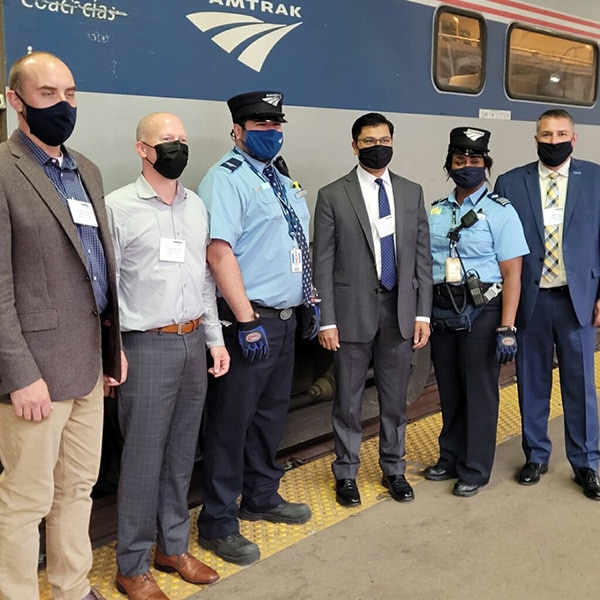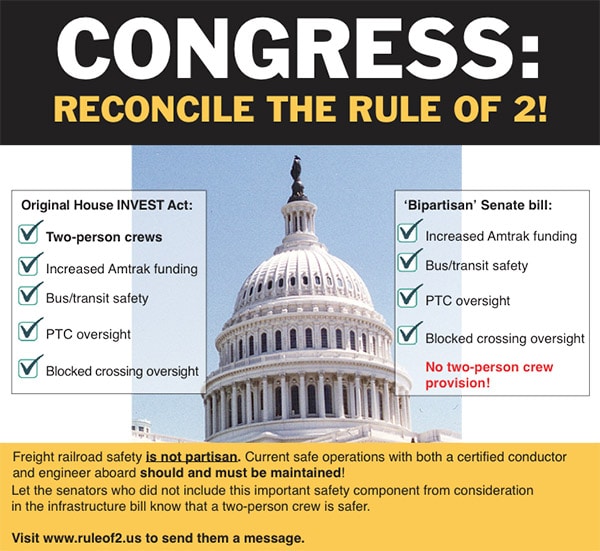Like other federal agencies, the Railroad Retirement Board (RRB) has been operating under a continuing resolution since October 1, 2024, the start of fiscal year (FY) 2025. The temporary funding measure provides the agency with continuing appropriations of $27.9 million through December 20, 2024.
The continuing resolution avoided a potential governmentwide shutdown, as Congress was unable to reach agreement on FY 2025 spending bills before the beginning of the new fiscal year.
Regarding FY 2025 funding for the RRB, the Senate Committee on Appropriations approved a spending level of $129 million, while the House Committee on Appropriations has proposed just $100 million. Congress previously cut the RRB’s FY 2024 budget, which severely impacted agency operations. While the Senate’s proposal reverses that cut and provides the agency a small 0.78 percent increase from FY 2023, the proposed appropriation of $129 million is still $5 million less than the President’s request, $43.3 million less than the RRB’s request, and significantly short of what the agency needs to carry out its mission.
With a $129 million budget in FY 2025, the RRB will be forced to continue its existing hiring freeze and operational cutbacks, while continuing to lose decades of institutional knowledge through retirements. Further, the RRB will be unable to move forward with its multi-year information technology modernization project, resulting in continued dependence on antiquated systems and inefficient processes and a further deterioration of service to the nation’s railroad employees and their families.




 The U.S. Senate on Nov. 10, 2015, passed a motion opposing the allowance of twin 33-foot trailers on federal highways in a 56-31 vote.
The U.S. Senate on Nov. 10, 2015, passed a motion opposing the allowance of twin 33-foot trailers on federal highways in a 56-31 vote.